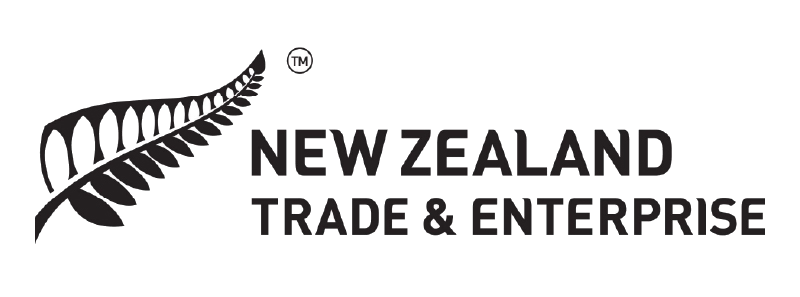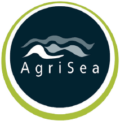Animal Health Research


Results
Analysis of rumen samples indicates SWP cows were numerically greatest in most cases, followed by SWO, and lastly CON (table 1). Of particular significance is SWP cows having 26% greater total VFA than CON (p < 0.05). Analysis of the BCS, urine, and faecal samples indicate SWO and SWP cows had greater BCS than CON cows (table 2) (p < 0.05). Additionally, seaweed
treated cows had lower oxidative stress than the CON cows as indicated by lower GPx activity and greater TAS (p < 0.05)
GPx activity in blood diverged after treatment with both seaweed based extracts treatments (figure 1). This divergence remained consistent across all sampling days. TAS activity was similar between the three treatments until the last sampling day, when CON cows experienced lower TAS while the SWP and SWO cows were unchanged.


Methodology
9 cannulated and 18 non-cannulated dry dairy cows (n=9 per treatment) were maintained in a dry lot scenario and fed Lucerne silage (14 kg per hd per d) at the Lincoln University Research Dairy Farm from 7 May – 26 September 2018. Treatments (applied daily via oral drench, 5 ml per hd per d) included water (CON), AgriSea Animal Nutrition (SWO), or AgriSea Animal Nutrition plus terrestrial plant extract (SWP).
Samples were taken at days 0, 39 and 80. Rumen samples were analysed for volatile fatty acids (VFA) and NH3. Blood samples were analysed for urea, glutathione peroxidase (GPx), total antioxidant status (TAS), and glutathione reductase (GR). Urine was analysed for N% and urea. Faecal samples were analysed for N%. Cow Body condition score (BCS) was also recorded weekly.
Discussion
Cows supplemented with AgriSea Animal Nutrition (SWO) and added terrestrial plant extract (SWP) displayed improved antioxidant status and reduced oxidative stress. This may be due to improved energy status by the improved fermentation, or from the extraction of phenolic compounds contained in the marine seaweed and/ or terrestrial plants. Cows supplemented with AgriSea Animal Nutrition plus terrestrial plant extract (SWP) had greater Volatile Fatty Acid (VFA) production than those control cows (CON). This added energy is a likely the reason for the greater Body Condition Score (BCS) seen in seaweed treated cows.


